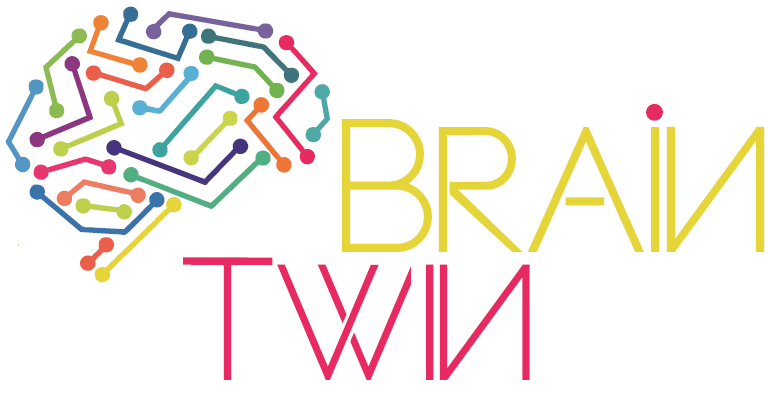The background of Capacity Building Workshops
Under Work Package 3 “Enhancing the scientific and technological capacity”, Fraunhofer is responsible to organise three capacity building workshops. Initially, these workshops were supposed to take place in Romania hosted by Technical University in Iasi. Now, with the pandemic related effects on organising phyiscal meetings, the workshops are moved to an online format unless any major improvement can be observed.
The workshops’ objective is to bring together highly skilled junior and senior researchers in the field of neurosciences and to stimulate mutual discussions, the exchange of knowledge, state-of-the-art methodology and research approaches as well as to develop and document joint research protocols.
January 2021 – the first workshop
The first of three workshops has taken place from January 26-28 and it focussed on taking stock of the existing scientific infrastructure in Romania, and in the Technical University of Iasi in particular. With TUIASI, Fraunhofer and USAL all three scientific partners of BrainTwin were involved in its organisation.
Drawing on the strong research networks of our three partners, more than 90 participants from 12 universities and research institutes (in total, this made 23 research teams) joined into the 3-days long online cooperative work. With TUIASI in the spotlight for this workshop, also more than 20 young and aspiring students and early-stage researchers from the university were invited.
Participating institutions, research areas, outcomes
On day one, Nicolae Lucanu/TUIASI as the host of the meeting opened the workshop with an introduction about BrainTwin. After that, Nicolae provided details on the researchers that signed up for this session. Here’s a brief overview on the represented institutions:
- Technical University Gheorghe Asachi Iasi
- “Grigore T. Popa” University of Medicine and Pharmacy Iasi
- Fraunhofer Institute for Manufacturing Engineering and Automation
- Fraunhofer Institute for Computer Graphics Research
- Fraunhofer Institute for Integrated Circuits
- Fraunhofer Institute for Algorithms and Scientific Computing
- Central Institute of Mental Health (ZI-Mannheim)
- University of Salamanca (Neuroscience, Bioinformatics, Robotics and Surgery groups)
- University Hospital of Salamanca (Clinical Neurophysiology and Rehabilitation)
- National Hospital for Paraplegics/ES
- University of Navarra
- Miguel Hernández University
In order to fully leverage the wealth of scientific excellence that was provided to this workshop through the above mentioned institutions (and to cater to the practical expecations of the 90+ participants), three research pillars, nine research areas and twelve separate rooms were identified to work best for the following three days. This setting that promoted smaller groups in smaller discussion rooms (break out rooms) allowed to rise the quality of discussions and significantly fostered the networking character of the workshop. The 91 participants were divided among these three research pillars:
- Early diagnostic tools
- Improved diagnostic & therapy including cooperative robotics
- Quality of life improvement
Over the course of the following three days, each of the groups attached to one of the twelve rooms (each room was dedicated to a specific sub-field related to the research pillars) was asked to present outcomes of the internal exchange and cooperation work implemented during the workshop.
The meeting was rounded off with a closing presentation on Thursday again by Nicolae Lucanu, who summarised this first BrainTwin online capacity building workshop and involved everyone in discussing and scheduling the next steps forward.
Attachments
- BrainTwin – 1st CBW – Agenda
- Opening presentation – Nicolae Lucanu
- Closing presentation – Nicolae Lucanu
Below a few screenshots taken during the workshop
Header image: Photo by You X Ventures on Unsplash







